Air pollution may have masked mid-20th Century sea ice loss
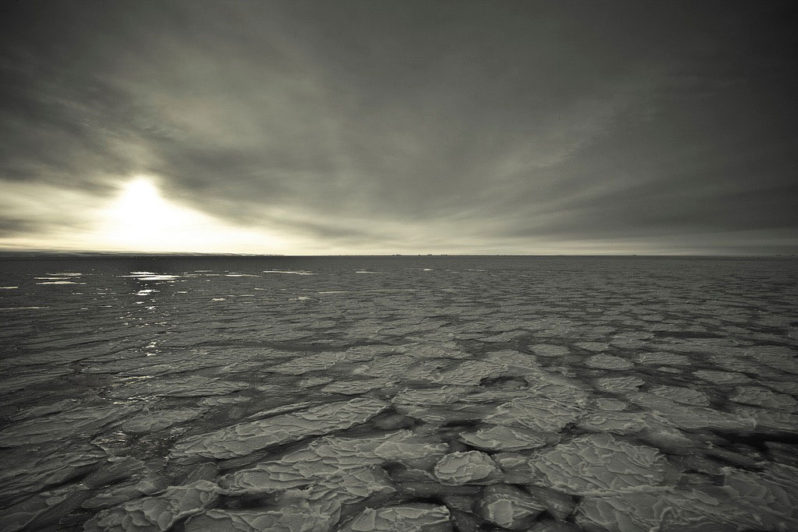
Humans may have been altering Arctic sea ice longer than previously thought, according to researchers studying the effects of air pollution on sea ice growth in the mid-20th Century.
Scientists study ocean absorption of human carbon pollution
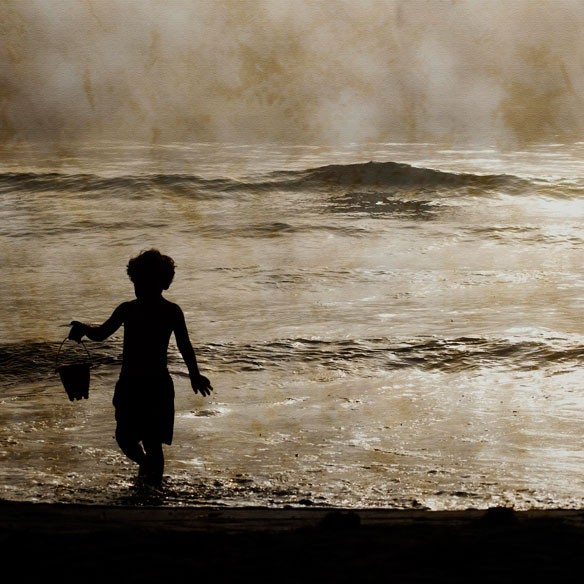
As humans burn fossil fuels and release greenhouse gases, those gases enter the atmosphere where they cause increases in global temperatures and climate consequences. But for many years scientists have known that not all of the carbon dioxide we emit ends up in the atmosphere. About 40% actually gets absorbed in the ocean waters.
Making the Deep Blue Sea Green Again
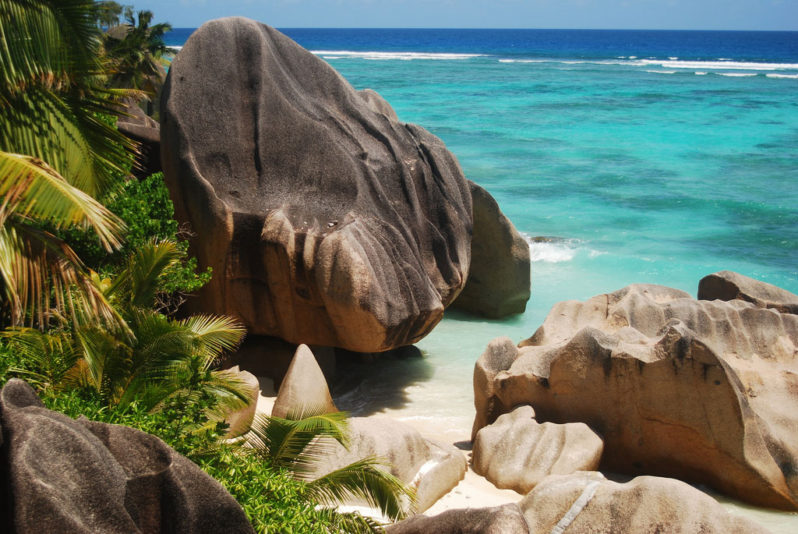
The UN Oceans Conference planned for June 2017 aims to create a more coordinated global approach to protecting the world’s oceans from rising threats such as acidification, plastic litter, rising sea levels and declining fish stocks.
Australia’s new normal as city temperatures hit 47C people shelter from the deadly heat
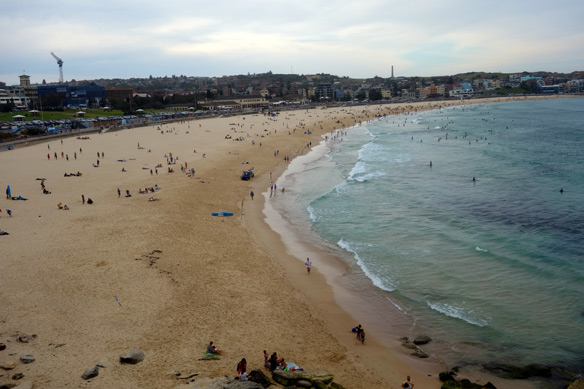
Australians are no strangers to hot weather. But for the past week large parts of the continent have suffered a heatwave of unusual length and intensity. Temperature records were beaten around the country.
Scientists highlight deadly health risks of climate change
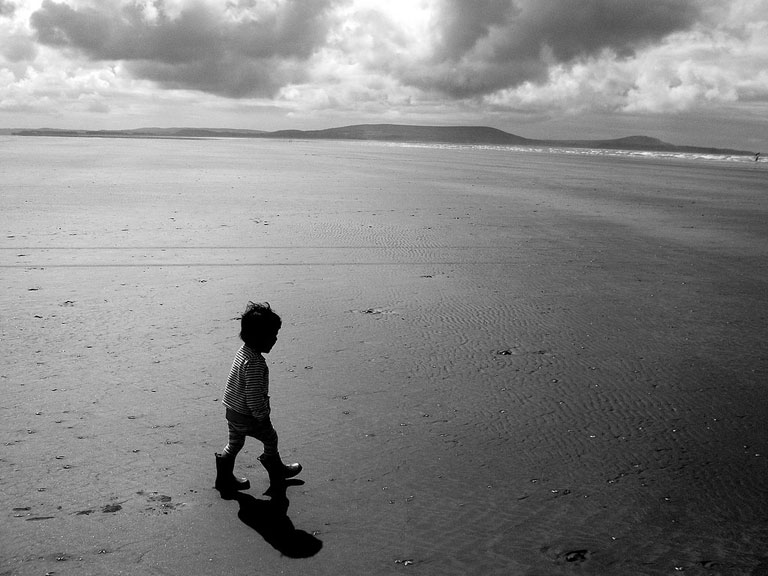
Between 2030 and 2050, climate change is projected to cause about 250,000 additional deaths per year from heat stress, malnutrition and the spread of infectious diseases like malaria, according to the World Health Organization.
Beach bashing: Last year’s El Niño resulted in unprecedented erosion of Pacific coastline
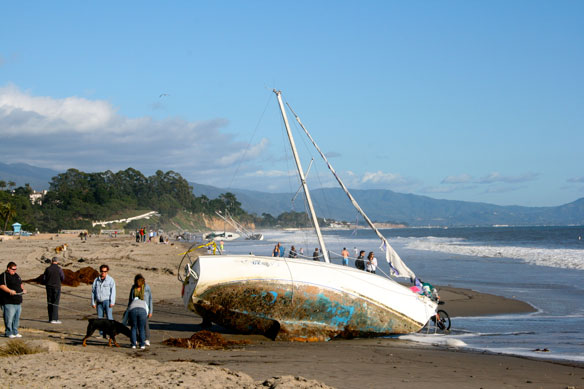
Last winter’s El Niño was in fact one of the most powerful climate events of the past 145 years. If such severe El Niño events become more common in the future as some studies suggest they might, the California coast — home to more than 25 million people — may become increasingly vulnerable to coastal hazards. And that’s independent of projected sea level rise.
Severe West Coast Erosion During 2015-16 El Niño
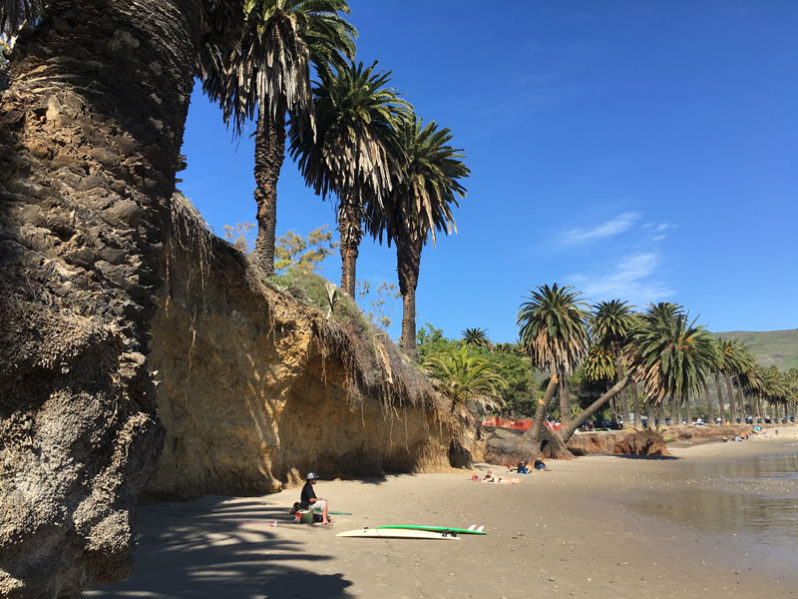
In a study released today, U.S. Geological Survey scientists and their colleagues document how the 2015-16 winter featured one of the most powerful El Niño climate events of the last 145 years. Investigating 29 beaches along the U.S West Coast from Washington to southern California, researchers found that winter beach erosion was 76 percent above normal, by far the highest ever recorded, and most beaches in California eroded beyond historical extremes.
Humans causing climate to change 170 times faster than natural forces

For the first time, researchers have developed a mathematical equation to describe the impact of human activity on the earth, finding people are causing the climate to change 170 times faster than natural forces.
Arctic Ice Isn’t Doomed Yet—Here’s How to Save It

Crazy warm winters haven’t pushed Arctic ice beyond a “tipping point.” Every ton of CO2 we don’t emit saves 32 square feet of it.
